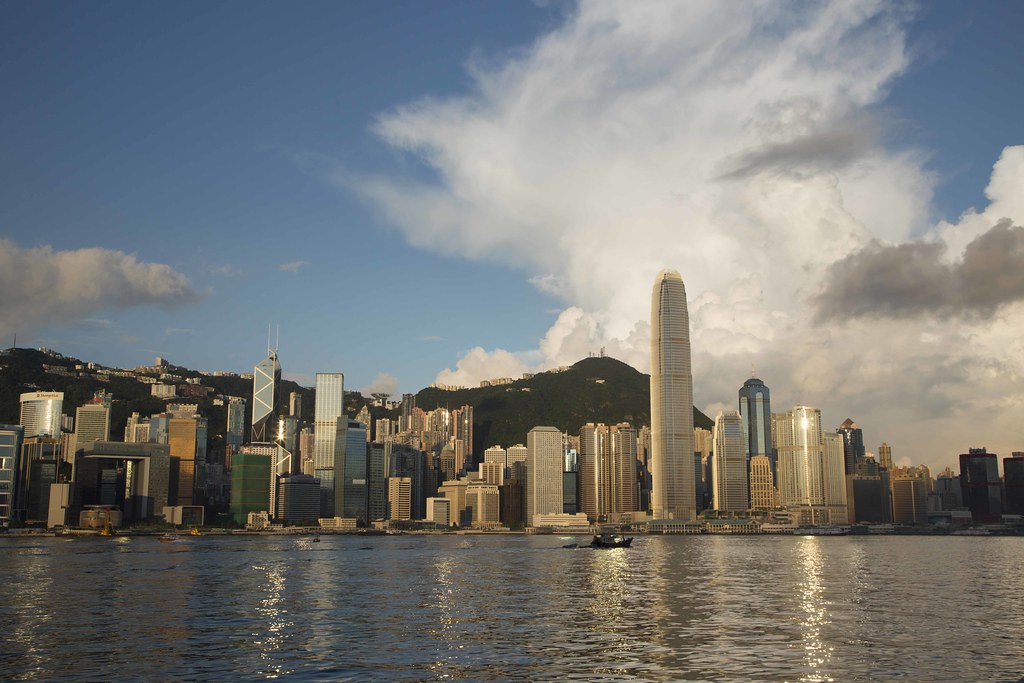
November 24, 2019 was a Sunday and, as on so many Sundays in the past six months, the people of Hong Kong took to the streets. Across the city, nearly three million residents of all backgrounds marched to make their voices heard. This time, however, they did not go to the frontlines to hoist signs and call out slogans, nor were they subjected to violence brought by the city’s police force that has captured global headlines. Instead, a broad peace prevailed as HongKongers went to the ballot box to cast their votes in the most consequential local elections in Hong Kong’s post-handover history.
The overwhelming victory of the pro-democracy campaigners was quickly followed by questions. Would support for the protests wane now that a tangible result had been achieved? Would the Hong Kong government or the Chinese Communist Party (CCP) switch tactics following the pro-Beijing camp’s defeat?
The answer to the first question has been an emphatic “no,” as residents continued to attend marches and attention has shifted to the upcoming Legislative Council Elections scheduled for September of this year. On January 12, thousands rallied to demand genuine universal suffrage in those elections, which currently operate under a rigged system that heavily favors pro-establishment candidates. While those rules will almost certainly prevent the same scale of victory as was seen in the district councils vote, the success of the local elections has raised high expectations.
In Beijing, Communist Party officials were widely reported to have been caught off-guard by the result of the November elections, with state media outlets initially reporting only that the vote had occurred but neglecting to provide detailed results—apparently uncertain as to how to reconcile the electoral landslide with domestic propaganda narratives that portrayed the protestors as violent outliers. Like a stage actor suddenly at a loss for his next line, the CCP propaganda machinery recycled the script from before the vote, attacking the pro-democracy camp’s patriotism and smearing them as separatists in league with hostile foreign powers (a debunked argument rendered even less convincing by the sheer number of voters who demonstrated their support for the movement).
In reaction to these developments, the CCP replaced its top official in Hong Kong with a hardliner without any meaningful Hong Kong experience, who has doubled down on the narrative of foreign interference rather than engaging in dialogue or providing any genuine plans to address Hong Kong peoples’ concerns. Rather than recognizing the authority of the District Councils, pro-establishment officials in Hong Kong have walked out when they disagree with proceedings and are ignoring efforts by councilors to hold meaningful discussions on legal and constitutional concerns.
This response is emblematic of why Beijing and the Hong Kong government have failed spectacularly in managing the Extradition Bill crisis that has come to symbolize and encompass the many longstanding and deep concerns about Beijing’s role in Hong Kong. Beijing’s failure to respect the sentiment made clear through these elections and engage in good-faith compromise speaks to its systemic inability to understand the value of democratic processes in supporting social and political stability. Thanks in large part to Beijing’s intransigence, HongKongers increasingly see universal suffrage as the key to protecting their freedoms. As long as its impulse is to feel threatened whenever its people peacefully disagree with its policies, the CCP and its proxies will never effectively govern the vibrant open society that is Hong Kong, and future unrest is a near-certainty.
Hong Kong’s district council elections underscored truths that IRI has seen firsthand for decades in its global work to promote civic participation and elevate citizens’ voices: people prefer peace to instability; they prefer to show their faces, rather than don masks; they prefer ballots to batons and votes over violence. Whenever opportunities exist to use an established and fair political process to express their views, people will almost universally take that route. The people of Hong Kong have sent Beijing a clear message about their commitment to protecting their freedoms and aspirations for democracy. It is in Beijing’s interest to listen; until they do, the people of Hong Kong will be taking to the streets and to the polls to remind them.